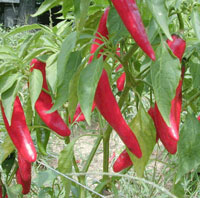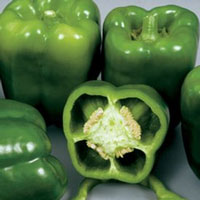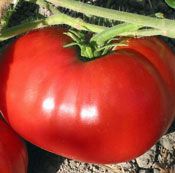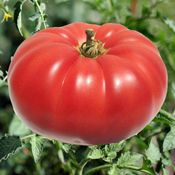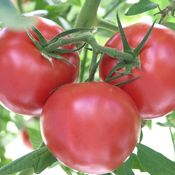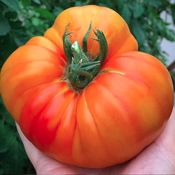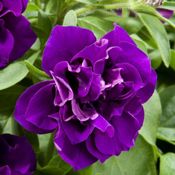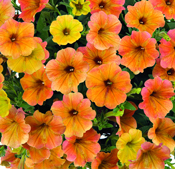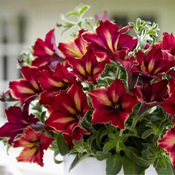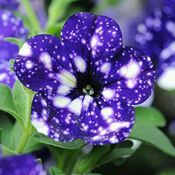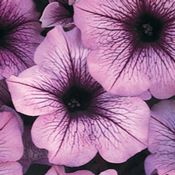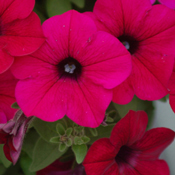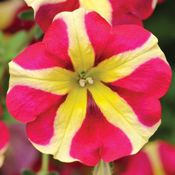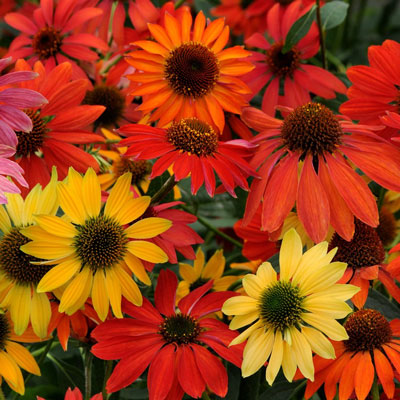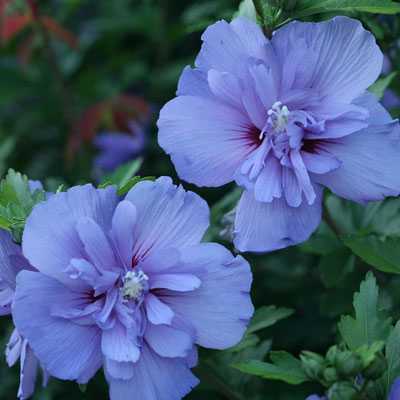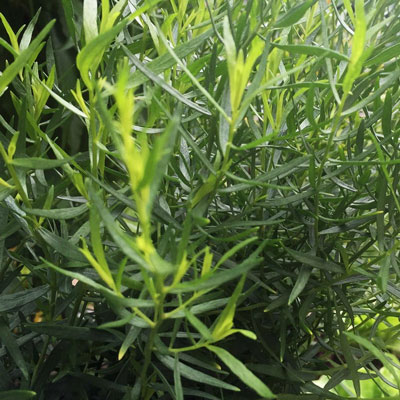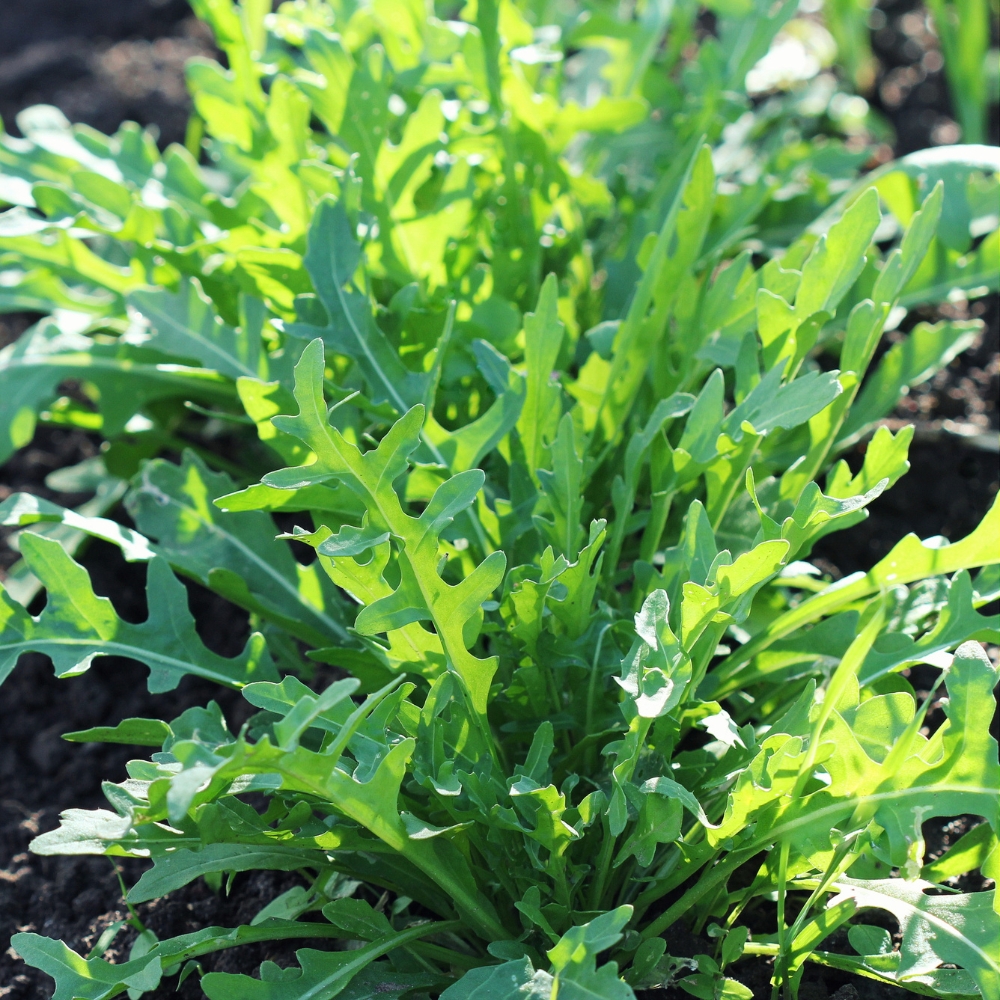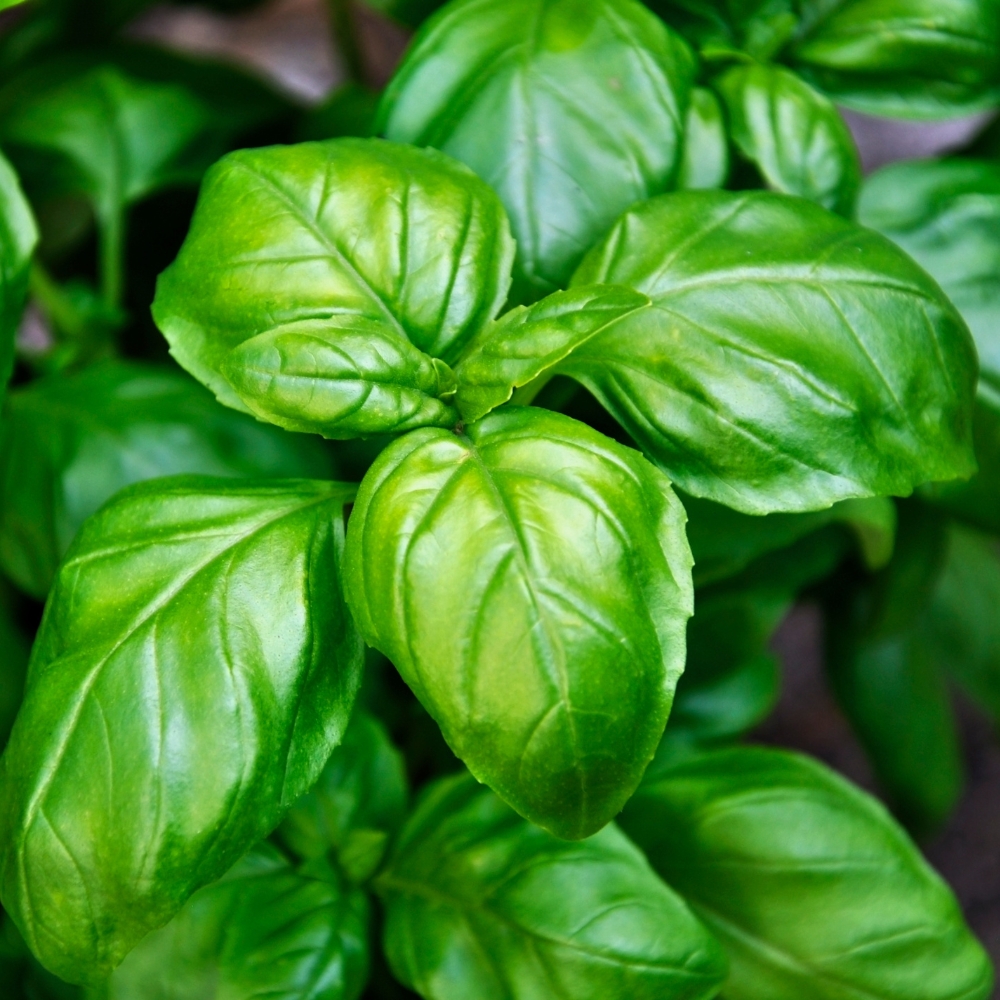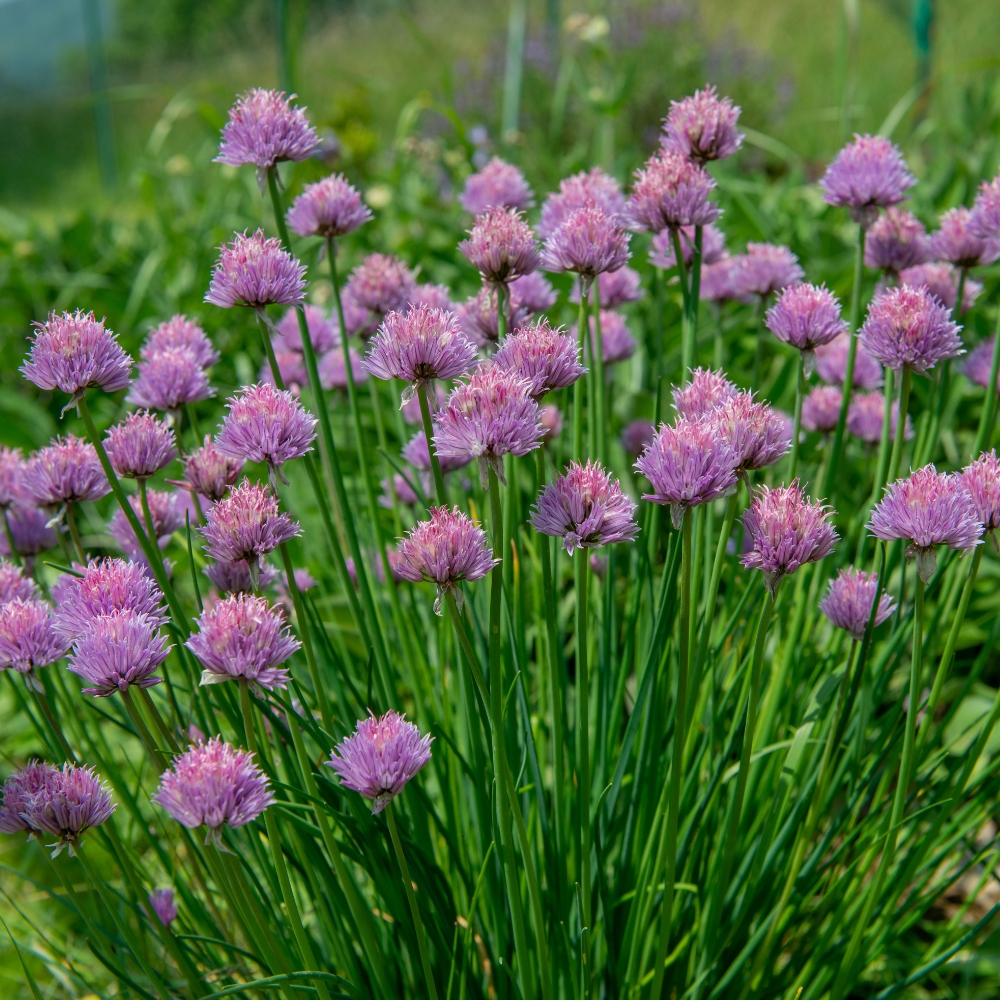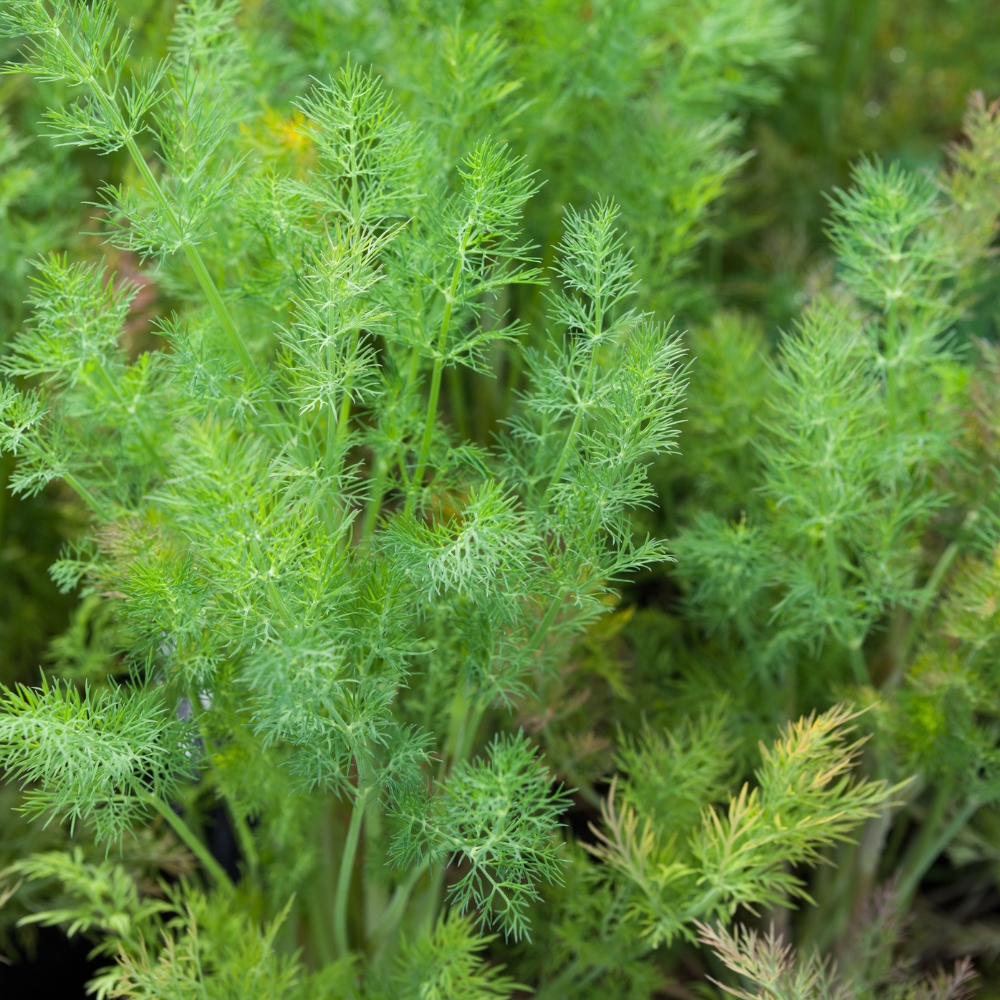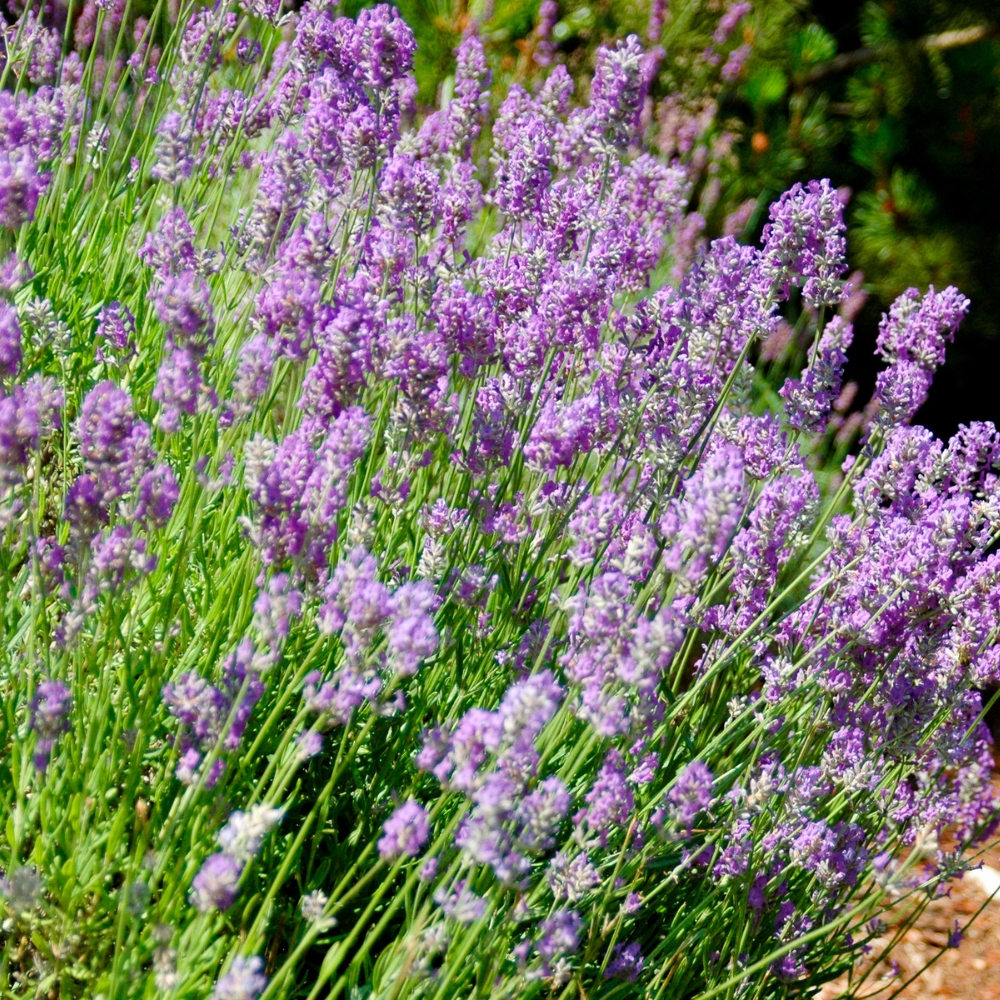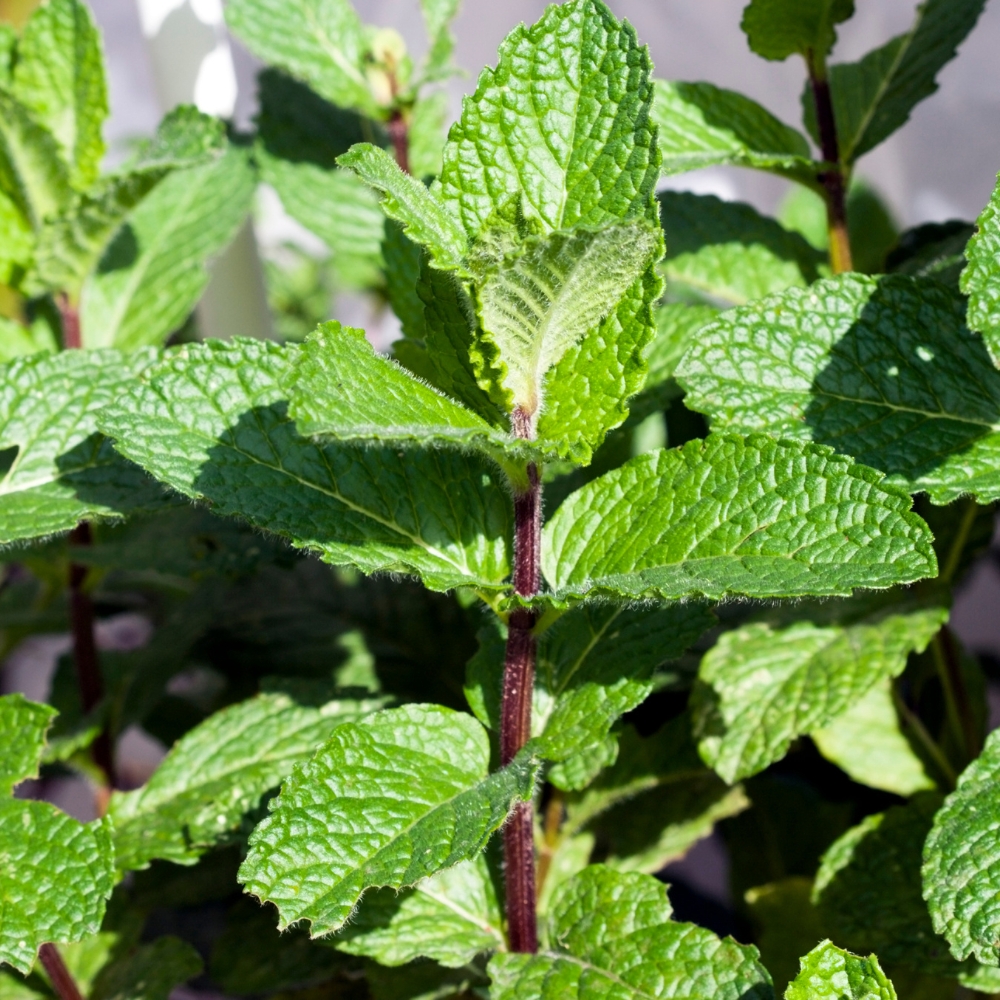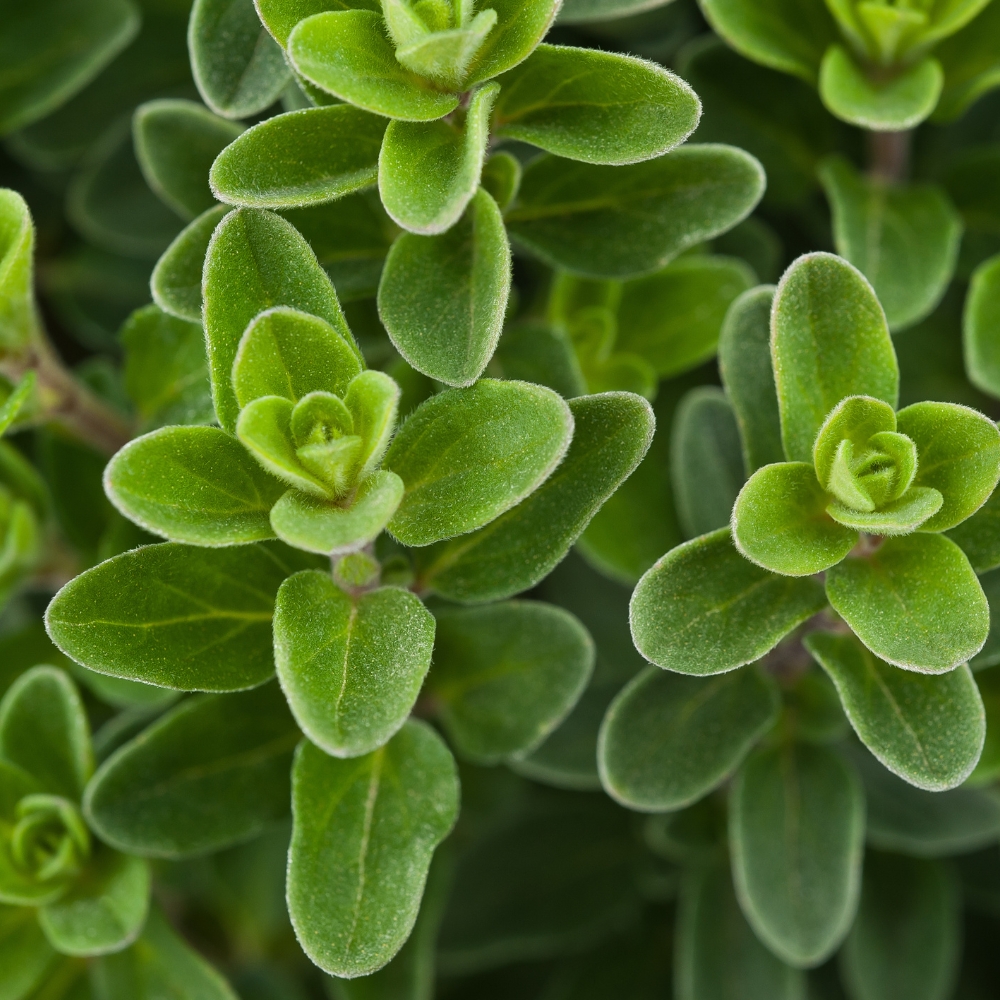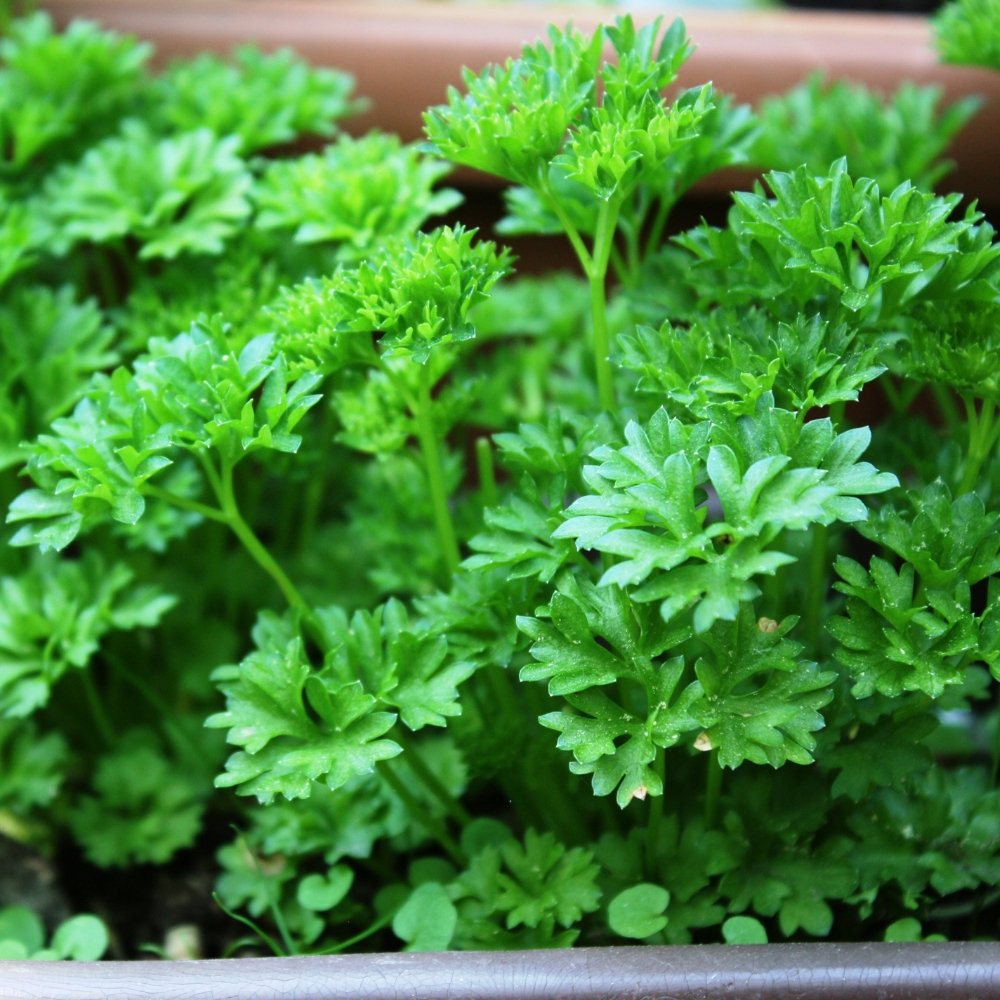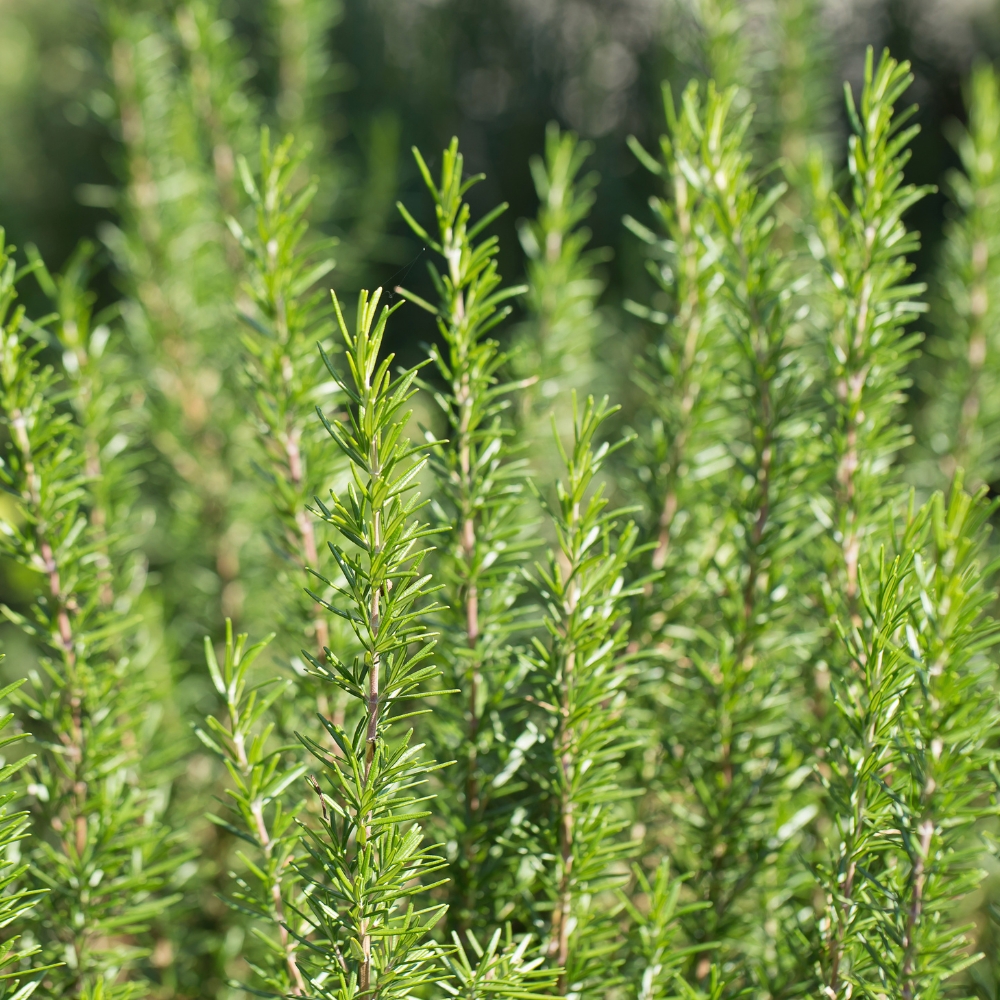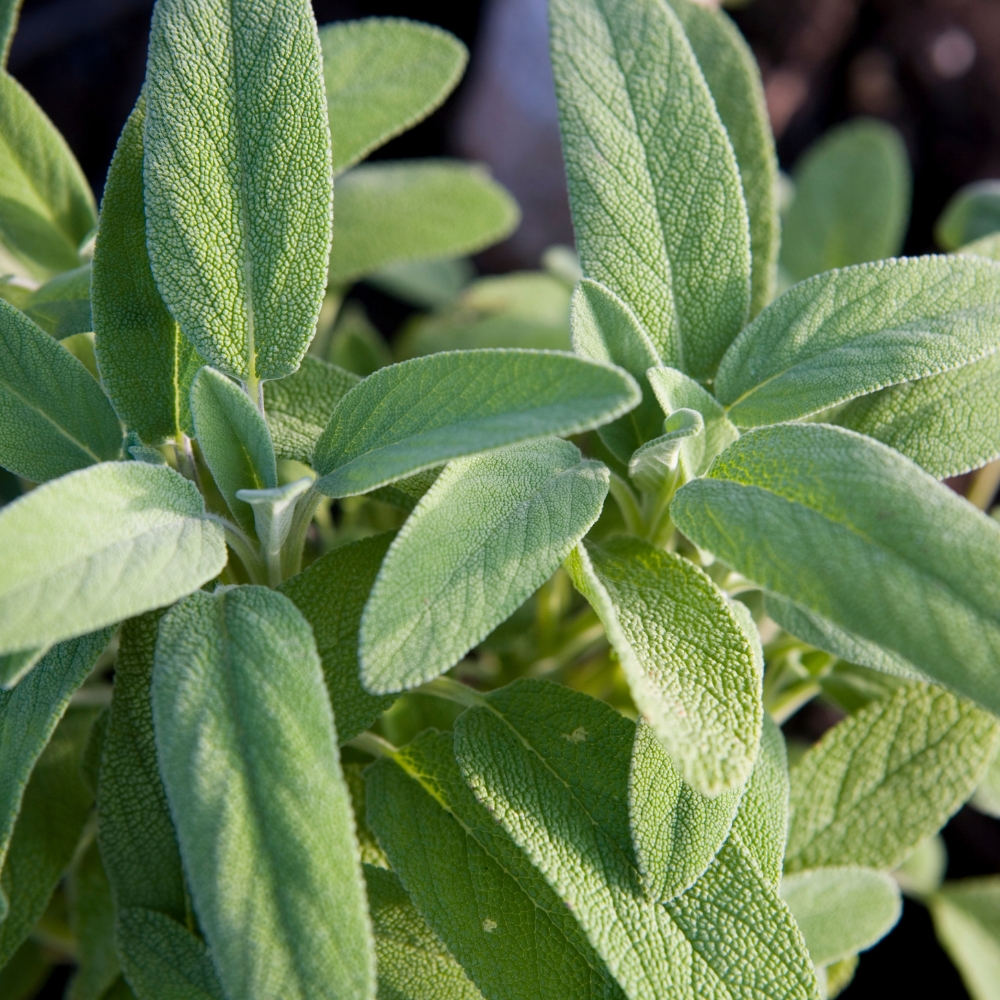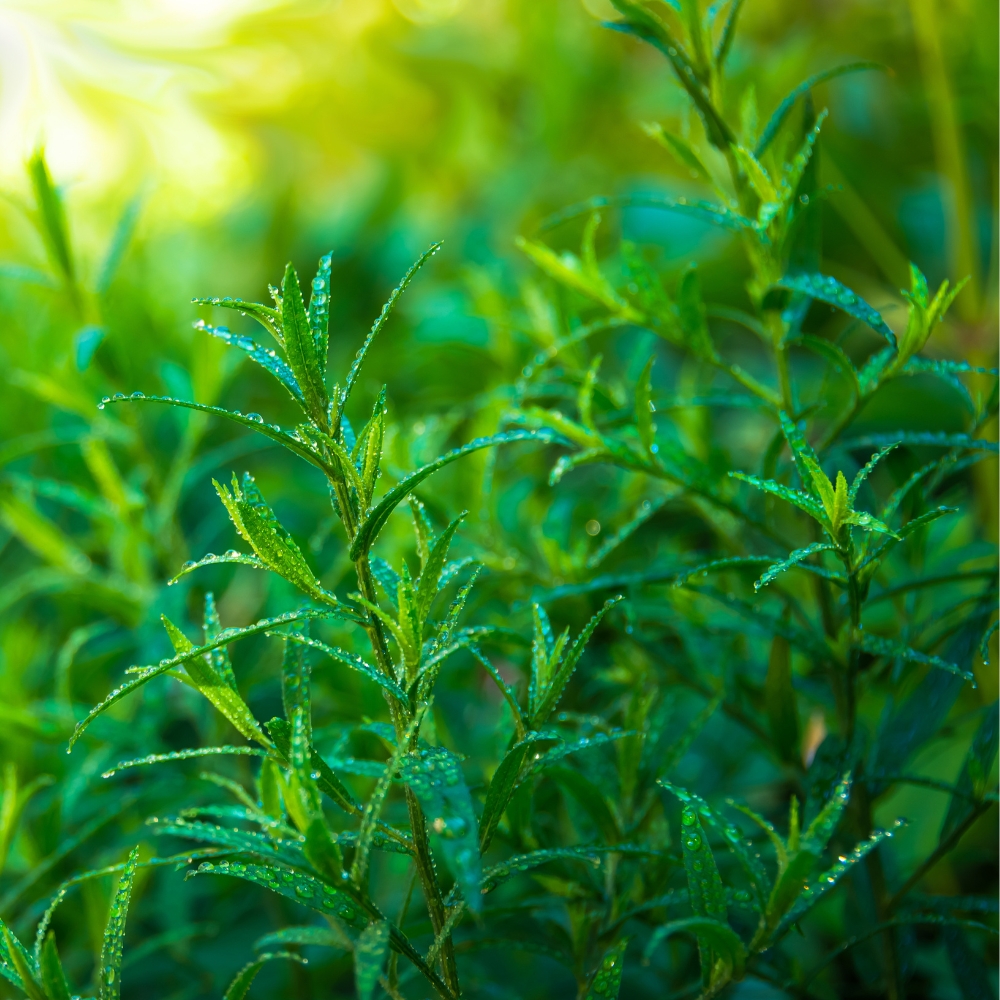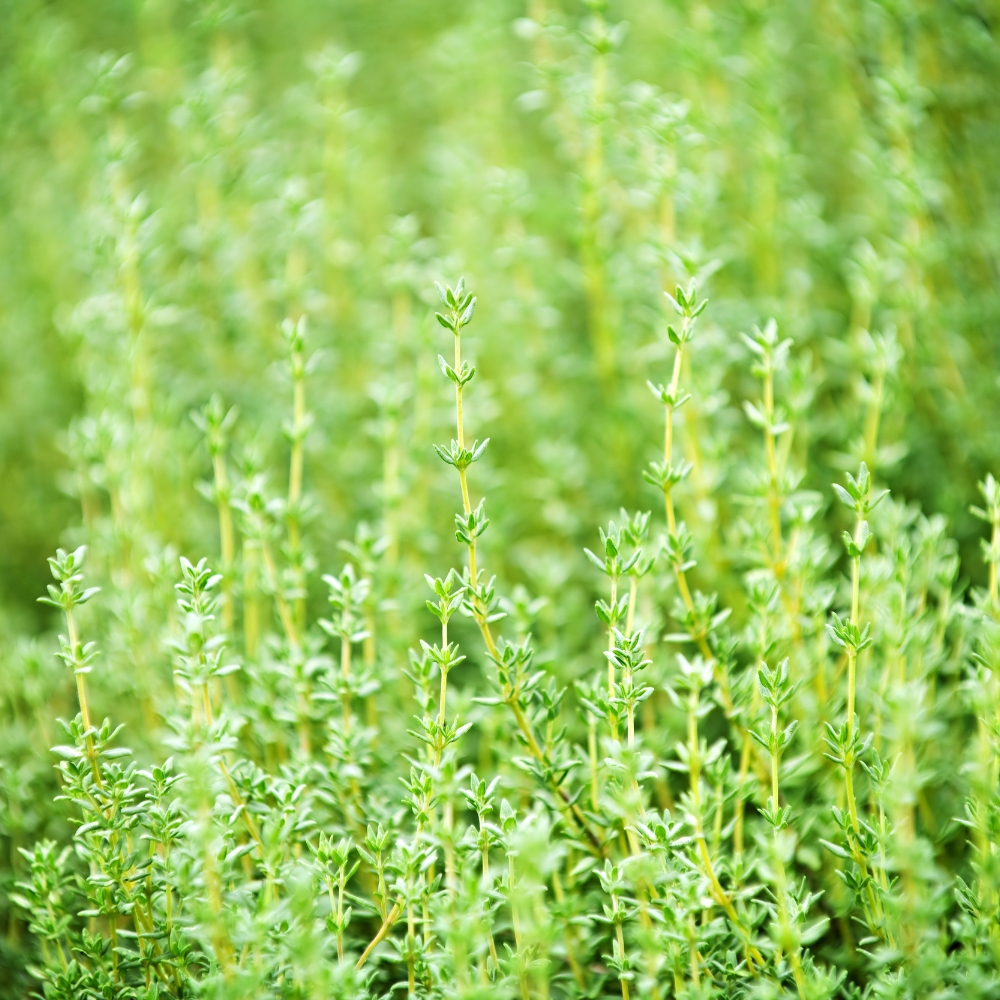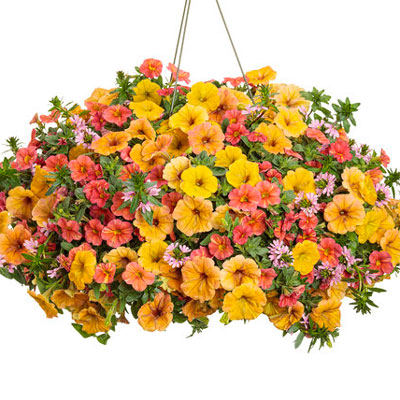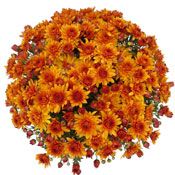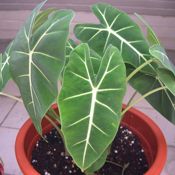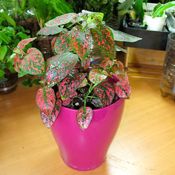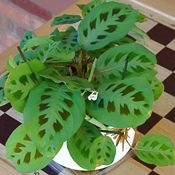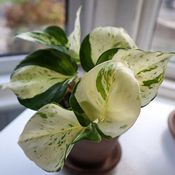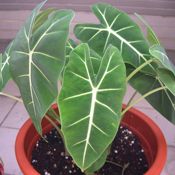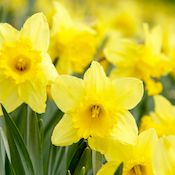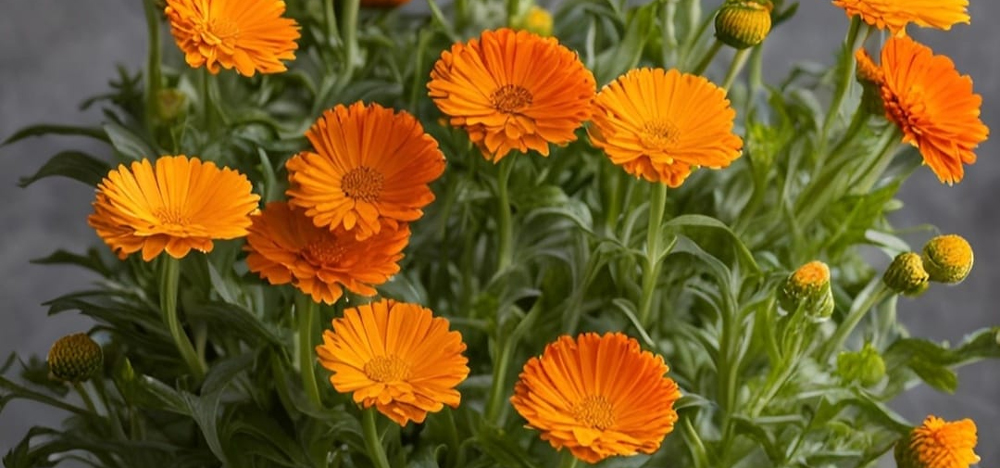If you’re a budding gardener looking for a versatile, easy-to-grow plant that offers both beauty and practical benefits, look no further than Calendula—commonly known as pot marigold. With its bright orange or yellow daisy-like blooms and rich history of healing traditions, Calendula is an excellent choice for beginners.
⭐ A Bloom with a Rich History
- Celebrated by ancient Egyptians for its healing properties and ornamental beauty.
- Introduced to Europe through Roman influence, where it became a beloved medicinal and decorative herb.
- Historically known as “poor man’s saffron” for its vibrant petals used as a yellow dye.
- Named after the Latin “calendae,” symbolizing its near-perpetual blooming cycle.
🌼 Why Choose Calendula?
- Easy to Grow: Tolerates various conditions and often self-seeds in many regions.
- Multiple Uses: Offers ornamental beauty, medicinal benefits, and culinary applications.
- Pollinator Friendly: Attracts bees, butterflies, and other beneficial insects.
- Great Companion Plant: Helps deter pests and supports vegetable gardens.
🌞 Getting Started: Planting and Transplanting
-
When to Plant:
- Direct Sow Outdoors: Sow seeds in early spring after the last frost. For continuous blooms, plant new seeds every 2-3 weeks until early summer.
- Fall Planting: In milder regions (zones 8-10), direct sow in early autumn for cool-weather blooms.
-
Starting from Seed Indoors:
- When to Begin: Start indoors in late winter using a well-draining seed-starting mix.
- Planting: Sow seeds about ¼ inch (5mm) deep.
- Conditions: Keep the soil around 70°F and in darkness until germination (6-14 days). Once sprouts appear, move them to bright light to maintain compact growth.
-
Transplanting Your Seedlings:
- Hardening Off: Gradually expose your seedlings to outdoor conditions over about a week.
- When to Transplant: Move seedlings outdoors when they’re robust (after the second set of true leaves) and when daytime temperatures are consistently above 50°F.
- Planting Details: Transplant at the same depth they were growing indoors, spacing them 12-18 inches apart to allow ample room for growth.
🌱 Growing Conditions & Maintenance
- Sunlight: Calendula thrives in full sun (at least 6 hours daily) but can tolerate partial shade.
- Soil & Watering: Prefers well-draining soil with a pH of 5.5 to 7.0. Water regularly to keep the soil moist—avoid overhead watering to prevent mildew.
- Encouraging Growth: Pinch back young plants to promote bushier growth.
- Deadheading: Regularly remove spent flowers to stimulate continuous blooming.
- Pest Awareness: While naturally pest-resistant, monitor for aphids or caterpillars as needed.
🌸 Exploring Calendula Varieties
- Ball’s Orange: Large, fully double blooms that can reach up to 24 inches tall.
- Bon Bon: A dwarf variety with dense, golden pom-pom flowers, ideal for compact gardens.
- Bull’s Eye: Features overlapping petals arranged in a circular swirl around a chestnut center.
- Candyman Orange: Boasts deep orange, fully double blooms on sturdy, multi-branched stems.
- Fiesta Gitana: A dwarf variety with a mix of orange, yellow, and gold hues perfect for borders or container gardens.
🥗 Embracing Calendula’s Versatility
- Medicinal Uses: Calendula’s anti-inflammatory and antimicrobial properties make it a popular ingredient in natural skincare products, salves, and teas.
- Culinary Applications: Edible petals add a subtle peppery flavor and vibrant color to salads, soups, and stews.
- Companion Plant Benefits: Its presence deters pests and attracts beneficial insects, enhancing the health of nearby vegetable crops.
🎉 Final Tips for Beginner Gardeners
- Start Small: Begin with a small garden patch to familiarize yourself with Calendula’s growth habits.
- Enjoy the Process: Each bloom is a reminder of nature’s beauty—enjoy the learning journey.
- Experiment: Once comfortable, try incorporating Calendula petals into your recipes or homemade remedies.
Happy Gardening!
















































































